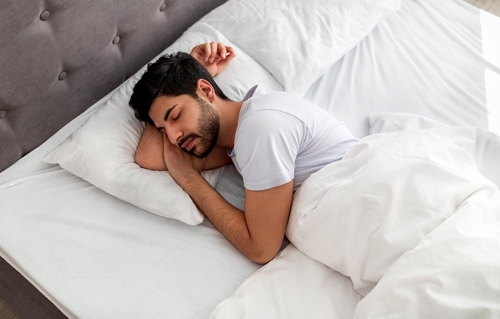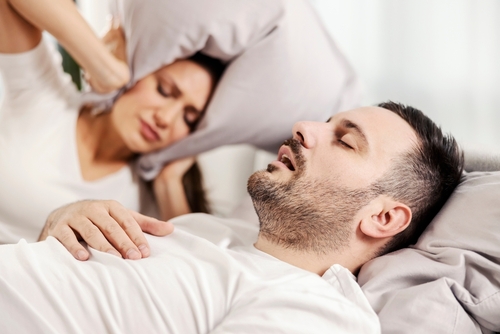Embrace Restful Nights With Sleep Apnea Surgery
 Do you often find yourself tired despite a full night’s sleep? Do you snore loudly or wake up gasping for air? These could be signs of sleep apnea, a condition where breathing repeatedly stops and starts during sleep. Luckily, our experienced Windsor, CT, sleep specialist, Dr. Roberta Garceau, offers sleep apnea surgery as one of many treatments to help combat sleep apnea.
Do you often find yourself tired despite a full night’s sleep? Do you snore loudly or wake up gasping for air? These could be signs of sleep apnea, a condition where breathing repeatedly stops and starts during sleep. Luckily, our experienced Windsor, CT, sleep specialist, Dr. Roberta Garceau, offers sleep apnea surgery as one of many treatments to help combat sleep apnea.
When you’re ready to experience a good night’s rest, don’t hesitate to contact Dr. Garceau by calling our Windsor dental office at (860) 254-6189.


